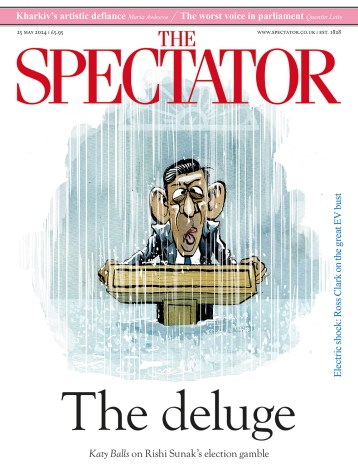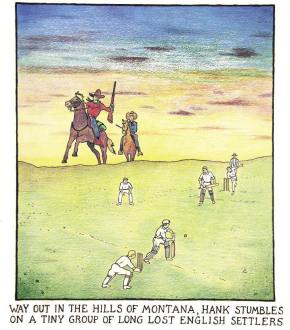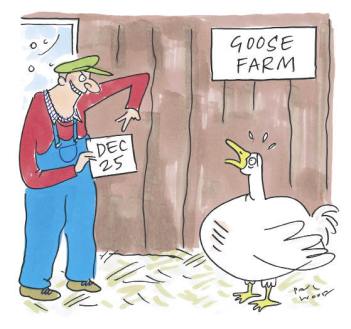A Dangerous Summer
This England cricket team is rather like the great German football sides of the past: a collective rather greater than the sum of its parts. Hard, determined, efficient, ruthless, organised and together. There’s quality too, for sure, but that’s not what stands-out. They thoroughly deserve their success. Nevertheless, their success comes at a price. Or, rather, much as one relishes the novel notion that England might be the best side in the world at present, there is a gloomier picture to be considered too. India’s feebleness in this series, combined with the nature and preferences of their governing board, is bad news for the future of Test match cricket. It’s




